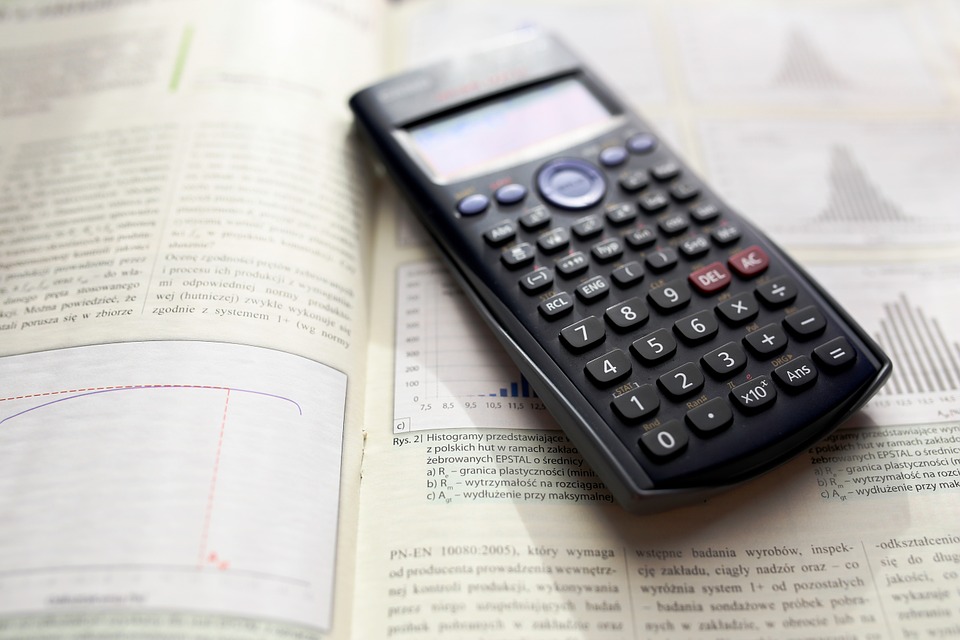




Maths
 Mathematics at Cranbourne is a creative and highly interconnected discipline that has been developed over centuries, providing the solution to some of history’s most intriguing problems. It is essential to everyday life, critical to science, technology and engineering, and necessary for financial literacy and most forms of employment.
Mathematics at Cranbourne is a creative and highly interconnected discipline that has been developed over centuries, providing the solution to some of history’s most intriguing problems. It is essential to everyday life, critical to science, technology and engineering, and necessary for financial literacy and most forms of employment.
A high-quality mathematics education provides a foundation for understanding the world, the ability to reason mathematically, an appreciation of the beauty and power of mathematics, and a sense of enjoyment and curiosity about the subject.
The national curriculum for mathematics aims to ensure that all pupils:
- become fluent in the fundamentals of mathematics, including through varied and frequent practice with increasingly complex problems over time, so that pupils develop conceptual understanding and the ability to recall and apply knowledge rapidly and accurately
- reason mathematically by following a line of enquiry, conjecturing relationships and generalisations, and developing an argument, justification or proof using mathematical language
- can solve problems by applying their mathematics to a variety of routine and non-routine problems with increasing sophistication, including breaking down problems into a series of simpler steps and persevering in seeking solutions
Mathematics at a Glance
Curriculum in Detail
GCSE Specification
Exam board: Pearson
Staffing List 2024-25
- Dave Stacey, Head of Department
- Louise Kirk, Lead Practitioner
- Richard Pegler, Teacher of Maths
- Pablo Cuevas, Teacher of Maths
- Bikash Ranapaili, Teacher of Maths
- Lesley Waterman, Teacher of Maths and Head of Inclusion
- Xinxin Sun, Teacher of Maths (ECT)
